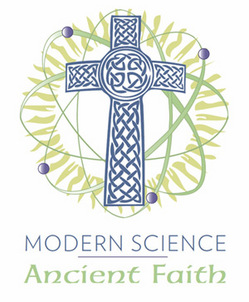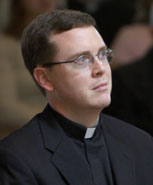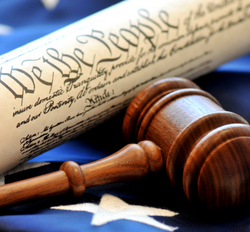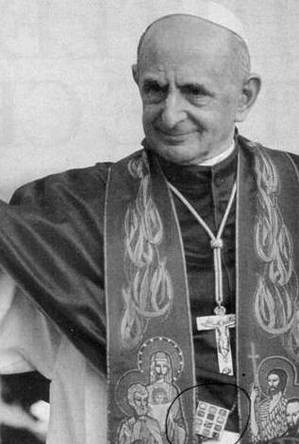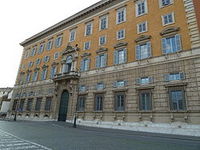We need perspective, we need a good review of what’s happening in the press regarding the state of Catholicism. At least I do. The ever-well spoken George Weigel takes on us on a brief journey….
The American mainstream media, reflecting deeper currents in American culture, typically treats “religion” as a private lifestyle choice: a personal option one may exercise to make sense out of life (and death) through certain rituals embodied in communities. That the “choice” in question has anything to do with adherence to the truth, as one is grasped and transformed by that truth; that those rituals embody religious truth in a unique way that links the believer to the very life of God; that those communities are formed by, and accountable to, truths that can be rationally explicated in a body of knowledge called “theology” — say what? To treat religion as a lifestyle choice leaves little room for the very concept of “truth,” unless it be the anorexic postmodern notion of “your truth” and “my truth” (which means that Khalid Sheikh Muhammad’s “truth” is just as much “truth” as Pope Benedict XVI’s). In the sandbox of self-absorption that is so much of postmodern culture, there is little or no room for the truth.
Perhaps we should take a hint from a recent Church Council on this matter:
“Theology relies on the written Word of God, taken together with sacred Tradition, as on a permanent foundation. By this Word it is most firmly strengthened and constantly rejuvenated, as it searches out, under the light of faith, the full truth stored up in the mystery of Christ.” (Dogmatic Constitution on Divine Revelation)
Read the whole article here.
Georeg Weigel
“Don’t Know Much about Theology …”
National Review online
June 12, 2012

